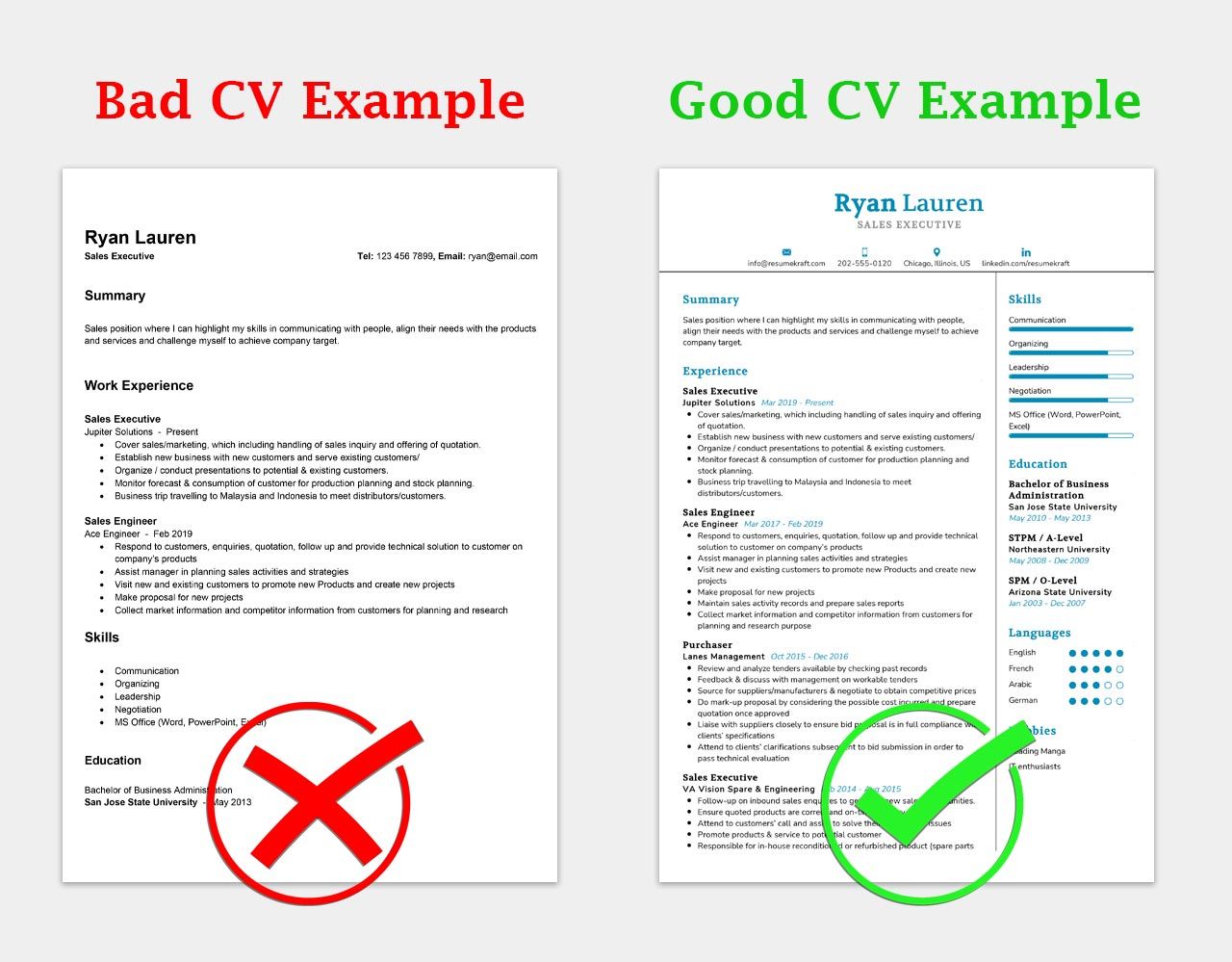Becoming a registered nurse is a rewarding and fulfilling career choice. Nurses play a crucial role in the healthcare system, providing care and support to patients in a variety of settings. If you are passionate about helping others and have a strong desire to make a difference, a career in nursing may be the perfect fit for you.
Educational Requirements
The first step to becoming a registered nurse is to obtain the necessary education and training. Most nurses start by earning a Bachelor of Science in Nursing (BSN) degree from an accredited college or university. This program typically takes four years to complete and includes both classroom instruction and hands-on clinical experience.
Alternative Pathways
For those who already have a bachelor’s degree in another field, there are accelerated nursing programs available that can help fast-track the process of becoming a registered nurse. These programs typically take around 1-2 years to complete and are designed for students who already have a strong educational foundation.
Licensing and Certification
After completing your education, the next step is to obtain a nursing license. In order to become a registered nurse, you must pass the National Council Licensure Examination for Registered Nurses (NCLEX-RN). This exam tests your knowledge and competence in the field of nursing and is a requirement for licensure in most states.
Specialized Certifications
Once you have obtained your nursing license, you may also choose to pursue specialized certifications in areas such as pediatrics, oncology, or critical care. These certifications can help you advance your career and demonstrate your expertise in a specific area of nursing.
Professional Development
As a registered nurse, it is important to continue your education and professional development throughout your career. This may include attending conferences, workshops, and seminars to stay current on the latest developments in the field of nursing. Many employers also offer tuition reimbursement programs to help nurses further their education.
Networking and Mentoring
Building a strong network of professional contacts in the nursing field can also be beneficial for your career. Consider joining professional organizations, attending networking events, and seeking out mentorship opportunities to connect with other nurses and learn from their experiences.
Conclusion
Working as a registered nurse can be a challenging yet deeply rewarding career choice. By obtaining the necessary education and training, obtaining licensing and certification, and continuing your professional development, you can build a successful career in the field of nursing. If you are passionate about helping others and making a difference in the world, a career as a registered nurse may be the perfect fit for you.




